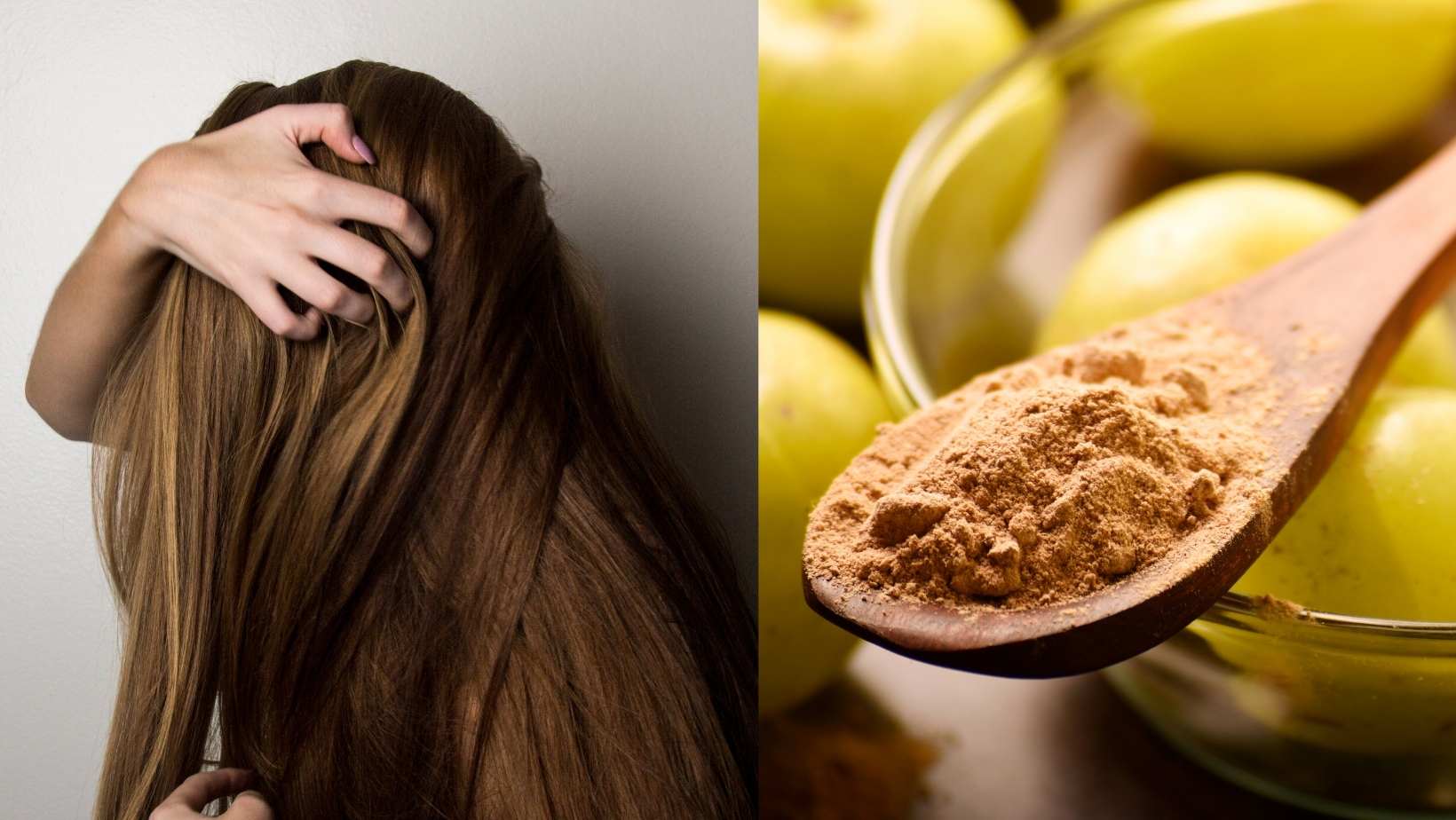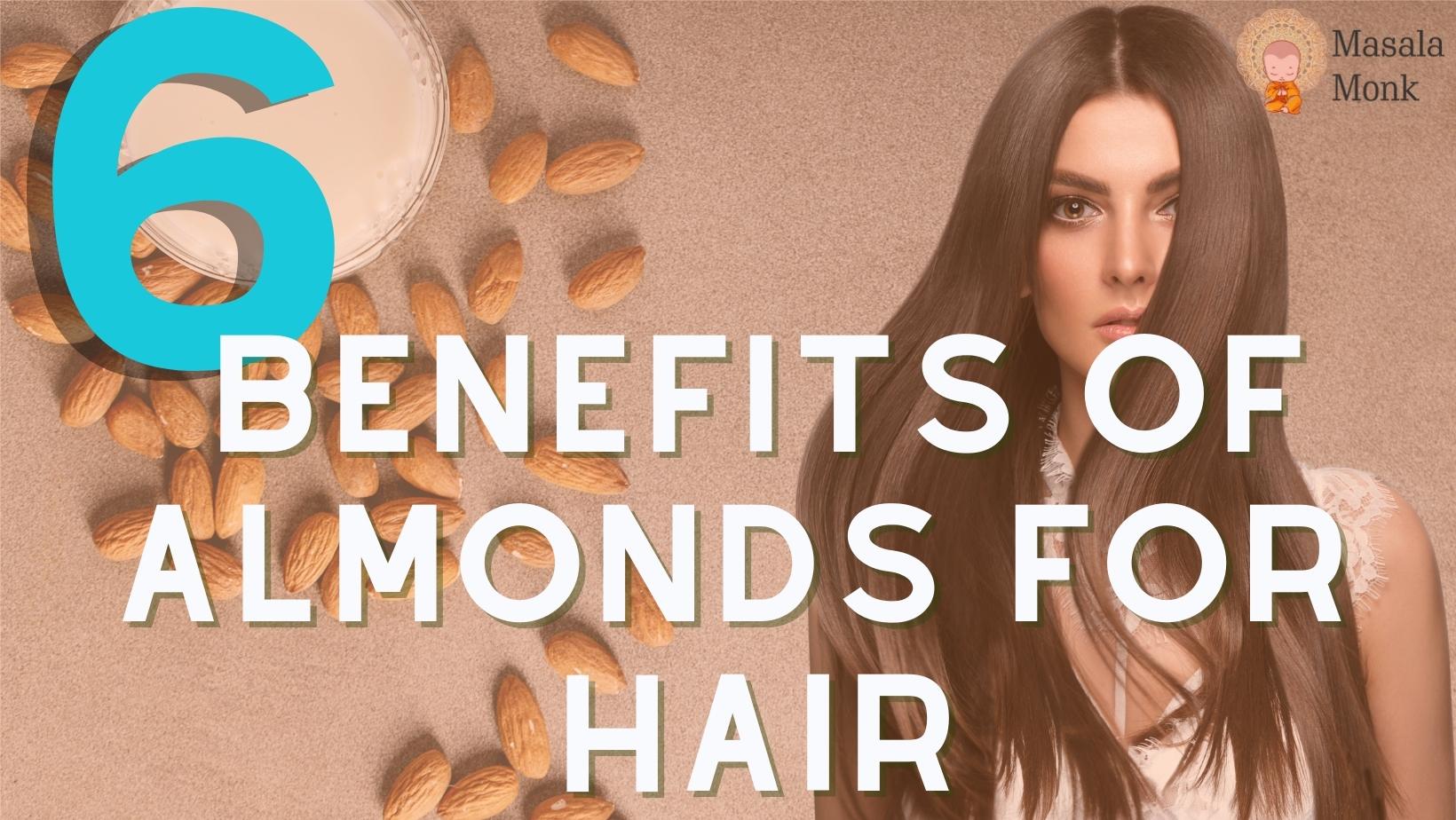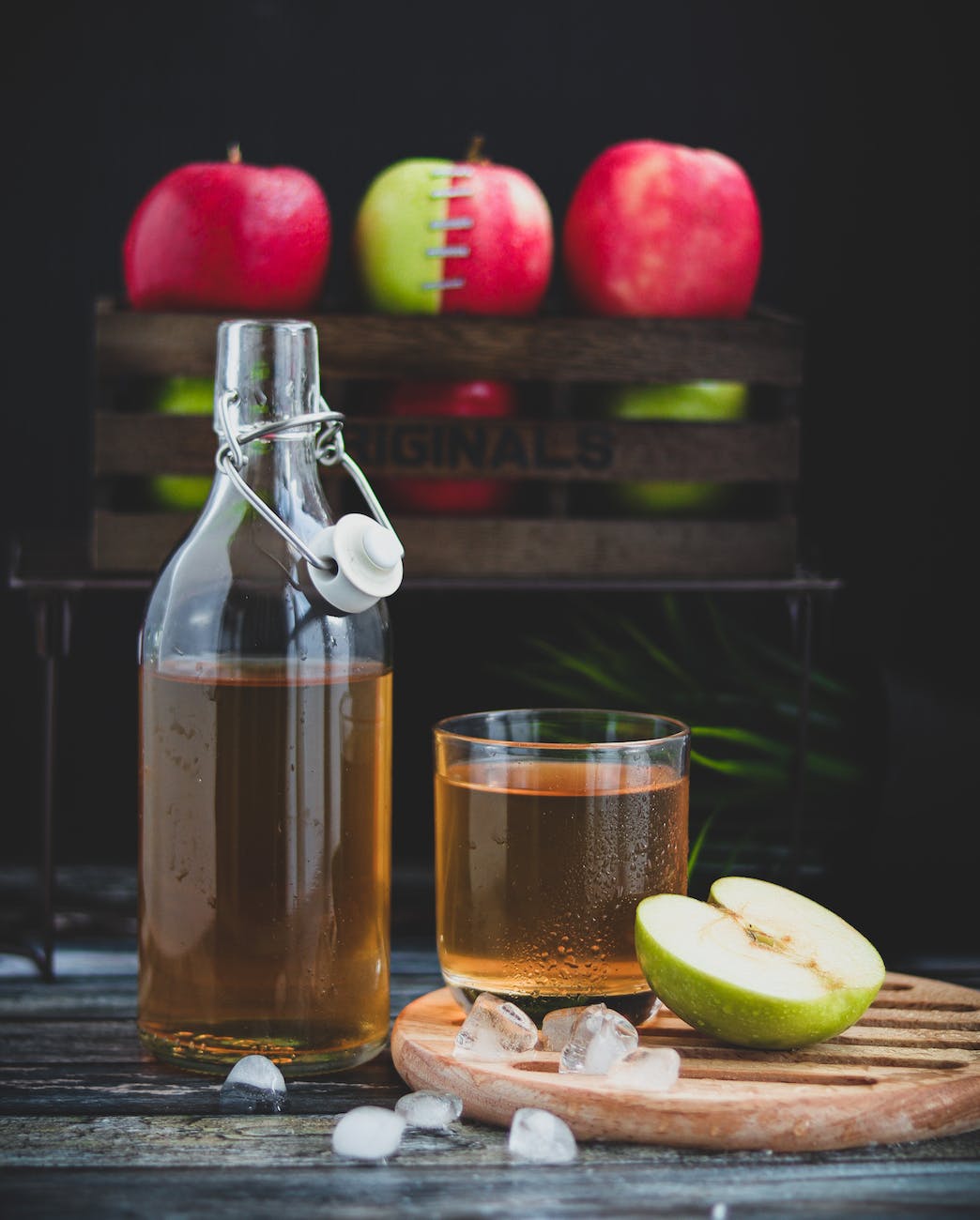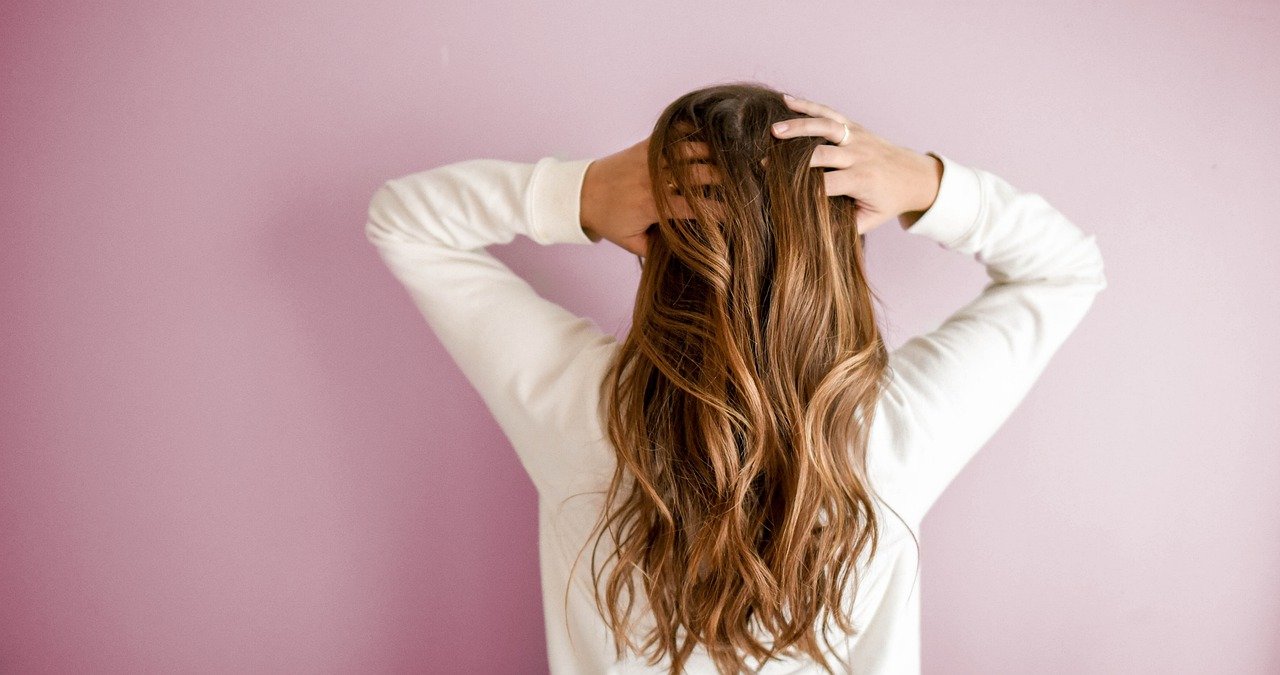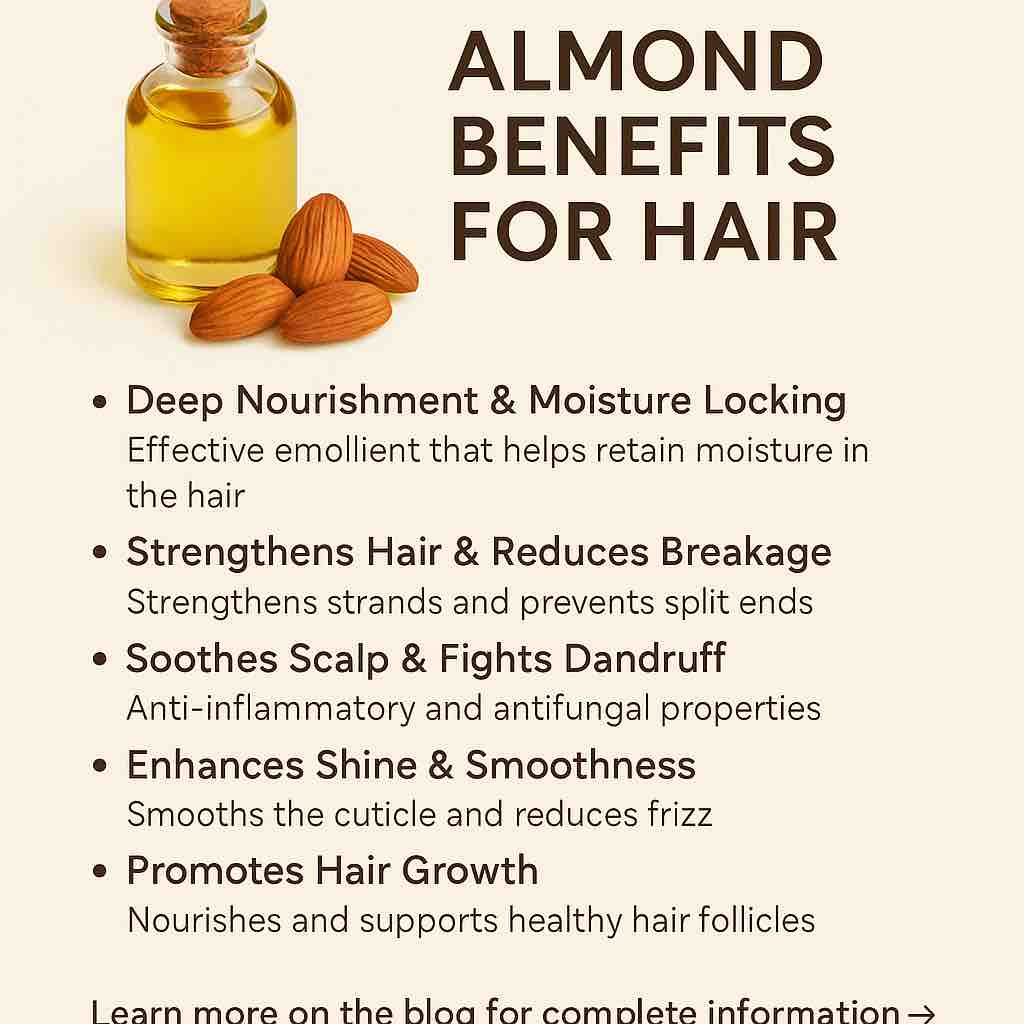
When it comes to natural hair care remedies, few ingredients have the rich heritage and scientifically supported benefits that almonds and almond oil offer. From ancient beauty rituals in Ayurveda to modern-day holistic hair care, almonds have been revered as a powerhouse for improving hair health. Whether your hair is dry, brittle, thinning, or simply lacks shine, incorporating almonds and almond oil into your hair care routine could be the game-changer you need.
In this comprehensive guide, we’ll dive deep into the nutritional profile of almonds, the unique benefits of almond oil, how to effectively use both for different hair types, and scientific insights that back these benefits. You’ll also discover practical DIY recipes, application tips, and precautions to maximize results.
🌰 The Nutritional Goldmine: What Makes Almonds So Beneficial for Hair?
Almonds are more than just a delicious snack—they are a nutritional treasure trove loaded with vitamins, minerals, and fatty acids that directly impact hair health. Understanding these components helps explain why almonds have earned their reputation as hair superfoods.
1. Biotin: The Hair Growth Vitamin
Biotin (Vitamin B7) plays a crucial role in producing keratin, the structural protein that makes up your hair, skin, and nails. A deficiency in biotin can lead to hair thinning and brittle strands. Almonds provide a natural source of biotin, helping maintain healthy hair growth cycles and reducing excessive shedding.
2. Vitamin E: The Antioxidant Shield
Vitamin E is a potent antioxidant found abundantly in almonds and almond oil. It helps protect hair follicles from oxidative stress caused by environmental pollutants and UV damage. This antioxidant effect prevents premature hair aging and supports a healthy scalp environment, critical for strong, resilient hair.
3. Magnesium: Reducing Hair Loss
Magnesium deficiency is increasingly linked to hair loss conditions like telogen effluvium, where hair prematurely enters the shedding phase. Almonds are an excellent magnesium source, which helps regulate calcium levels in hair follicles and promotes healthier hair retention.
4. Omega-3 Fatty Acids: Nourishing from Within
Omega-3s found in almonds provide essential fatty acids that feed hair follicles, reducing inflammation and improving scalp circulation. Healthy follicles mean stronger hair strands with less breakage.
5. Zinc and Iron: Fueling Hair Cell Regeneration
Zinc plays a vital role in hair tissue growth and repair, while iron carries oxygen to the scalp and hair follicles. Both minerals are essential for maintaining hair density and preventing hair loss, and almonds offer these minerals in bioavailable forms.
💧 Almond Oil: The Liquid Gold for Hair Nourishment
Almond oil, especially the cold-pressed, sweet almond oil, is prized in beauty circles for its luxurious texture and nutrient density. Here’s why it is a staple in natural hair care:
Deep Hydration and Moisture Retention
Almond oil acts as an emollient, sealing moisture into the hair shaft and preventing dryness, split ends, and brittleness. Its lightweight consistency makes it ideal for all hair types, including fine or oily hair, without weighing hair down.
Strengthening Hair and Reducing Breakage
Thanks to the presence of oleic and linoleic fatty acids, almond oil strengthens hair cuticles, reduces mechanical damage caused by brushing or styling, and enhances elasticity. This means fewer split ends and less hair snapping during combing.
Soothing the Scalp and Fighting Dandruff
Almond oil’s anti-inflammatory and antifungal properties calm irritated, itchy scalps and help control dandruff. Regular scalp massages improve circulation and promote healthier follicles.
Enhancing Shine and Smoothness
By smoothing the hair cuticle, almond oil gives hair a natural, radiant shine and reduces frizz—especially beneficial in humid or dry climates.
Potential Hair Growth Promotion
While direct scientific evidence on almond oil stimulating hair growth is still emerging, the overall improvement in scalp health, moisture, and follicle nourishment creates the perfect environment for hair to grow stronger and healthier.
🌿 Historical and Cultural Significance of Almonds in Hair Care
Almonds have been a beauty staple in many cultures:
- Ayurveda has long recommended almond oil for its rejuvenating properties, promoting hair growth and scalp health.
- In Mediterranean cultures, almonds were traditionally incorporated into diets and topical treatments for shiny, thick hair.
- Ancient Egyptians used almond oil as part of their elaborate hair and skin care routines.
This rich heritage adds credibility to the modern scientific validation of almonds’ benefits.
🧪 Raw Almonds vs Almond Oil: Why Use Both?
The best approach to maximize the hair benefits of almonds is a combination of internal nutrition and external application.
- Eating Raw or Soaked Almonds supplies your body with the necessary vitamins, minerals, and fatty acids to promote healthy hair growth from within. Soaking almonds overnight increases bioavailability of nutrients.
- Topical Use of Almond Oil directly nourishes the hair strands and scalp, targeting external issues like dryness, frizz, and scalp inflammation.
Together, they offer a holistic and multi-dimensional approach to hair care.
🛠️ How to Incorporate Almonds and Almond Oil Into Your Hair Care Routine
1. Incorporate Almonds in Your Diet
- Snack on 5–7 soaked almonds daily.
- Add almonds to smoothies, cereals, salads, or homemade energy bars.
- Make almond milk or almond butter for a nutrient boost.
2. Scalp Massage With Almond Oil
A simple yet powerful ritual:
- Warm 2 tablespoons of cold-pressed almond oil.
- Gently massage into your scalp with fingertips in circular motions for 5–10 minutes.
- Leave the oil in for 30 minutes to overnight, then wash with a mild shampoo.
- Benefits include increased blood circulation, relaxation, and deep nourishment.
3. DIY Almond Hair Masks
Try this nourishing hair mask for intense hydration and shine:
Ingredients:
- 2 tablespoons almond oil
- 1 tablespoon honey (natural humectant)
- 1 ripe avocado (rich in vitamins and fatty acids)
- 2 tablespoons yogurt (protein-rich and soothing)
Instructions:
- Blend all ingredients into a smooth paste.
- Apply to damp hair and scalp.
- Leave for 30 minutes, then rinse with lukewarm water followed by shampoo.
4. Almond Oil as a Leave-In Conditioner
- After washing hair, apply a few drops of almond oil to damp ends.
- This seals moisture and prevents frizz without making hair greasy.
5. Almond Flour or Ground Almond Scrub for Scalp Exfoliation
- Mix almond flour with yogurt and a few drops of almond oil.
- Gently scrub the scalp to remove dead skin cells and product buildup, promoting a healthy scalp environment.
🧬 Scientific Studies Backing Almond Benefits for Hair
While more clinical trials are ongoing, studies show:
- Vitamin E-rich oils (like almond oil) improve hair follicle function by reducing oxidative stress (Journal of Cosmetic Dermatology, 2015).
- Omega-3 fatty acids enhance hair follicle health and reduce inflammation.
- Biotin supplementation can improve hair keratin quality and reduce hair loss.
⚠️ Important Precautions
- Allergies: Almonds are tree nuts and can cause allergic reactions. Patch test almond oil before use.
- Quality Matters: Use cold-pressed, organic almond oil for maximum efficacy.
- Avoid Heat Styling Immediately After Application: Almond oil can heat up quickly and cause hair damage if heat styling is done right after oiling.
- Moderation: Using too much oil can weigh down hair, especially if your scalp is oily.
✨ Final Thoughts: Embrace Nature’s Gift for Beautiful Hair
Almonds and almond oil represent an age-old, scientifically supported natural solution for hair nourishment, strength, and shine. Their combination of powerful nutrients, antioxidants, and moisturizing properties supports every stage of hair growth and scalp health.
By integrating almonds into your diet and almond oil into your topical hair care, you give your hair the best chance to flourish—naturally.
💬 We Want to Hear From You!
Have you experienced the magic of almonds or almond oil in your hair care routine? What are your favorite recipes or tips? Share your stories or ask questions below!
10 FAQs About Almonds and Almond Oil for Hair
1. Can eating almonds really improve my hair health?
Yes! Almonds are rich in biotin, vitamin E, magnesium, and omega-3 fatty acids—all essential nutrients that support hair growth, reduce hair fall, and improve overall hair strength from within.
2. How often should I apply almond oil to my hair?
For best results, apply almond oil as a scalp massage 1-2 times per week. Leaving it on for 30 minutes to overnight before washing helps deeply nourish hair and soothe the scalp.
3. Is almond oil suitable for all hair types?
Yes, almond oil is lightweight and gentle, making it suitable for all hair types, including fine, curly, dry, or oily hair. However, adjust the quantity used based on your hair texture to avoid weighing it down.
4. Can almond oil help with dandruff?
Almond oil has anti-inflammatory and antifungal properties that soothe the scalp and can reduce dandruff when used regularly as part of your hair care routine.
5. Is there a difference between sweet almond oil and bitter almond oil for hair?
Yes. Sweet almond oil is safe and beneficial for hair care, while bitter almond oil contains compounds that can be toxic and is not recommended for topical use.
6. Can almond oil promote faster hair growth?
While almond oil may not directly speed up hair growth, it creates an optimal scalp environment by moisturizing and nourishing follicles, which can help reduce hair breakage and promote healthier growth over time.
7. What’s the best way to store almond oil?
Store almond oil in a cool, dark place away from direct sunlight to preserve its nutrients and prevent it from going rancid.
8. Can I use almond oil with other hair oils?
Absolutely! Almond oil blends well with other natural oils like coconut oil, jojoba oil, or castor oil, enhancing the overall benefits for hair moisture, strength, and shine.
9. Are there any side effects or risks associated with using almond oil?
The main risk is allergic reactions, especially if you have a nut allergy. Always perform a patch test before widespread use.
10. Can I use almond oil on colored or chemically treated hair?
Yes, almond oil is gentle and nourishing, making it safe to use on colored, bleached, or chemically treated hair to help restore moisture and reduce damage.

